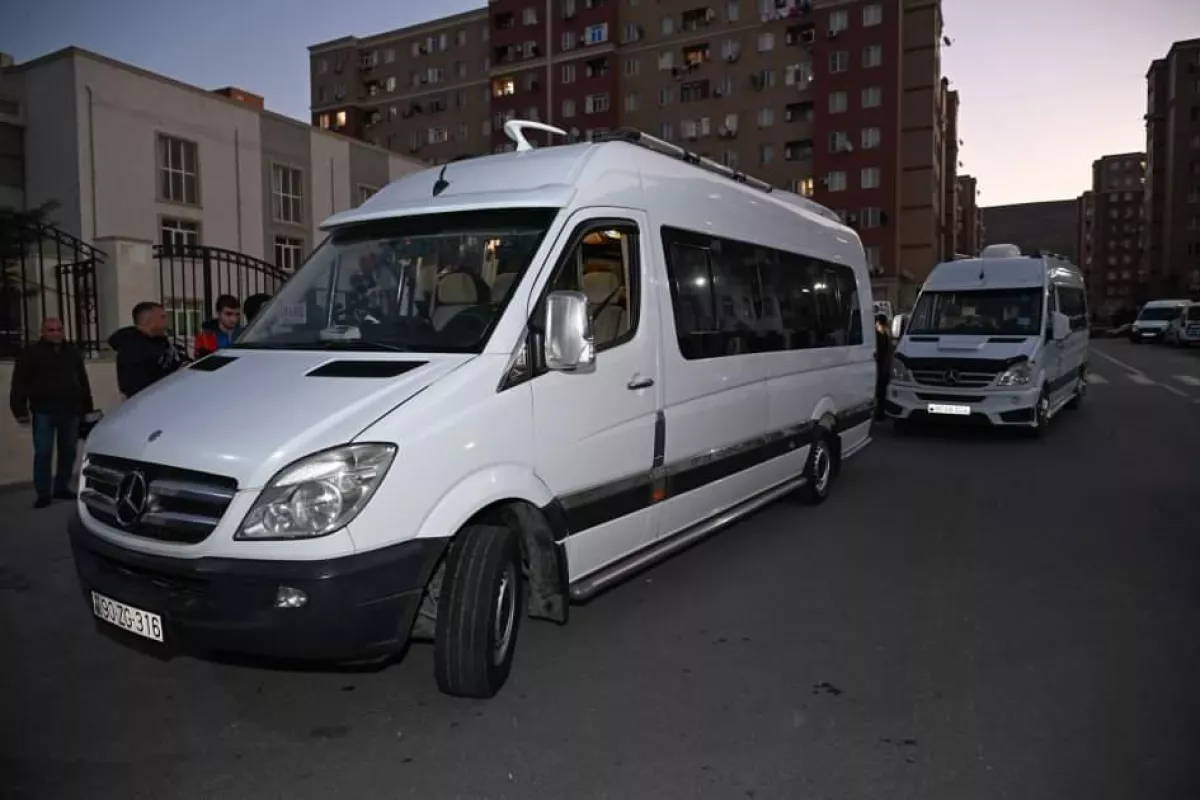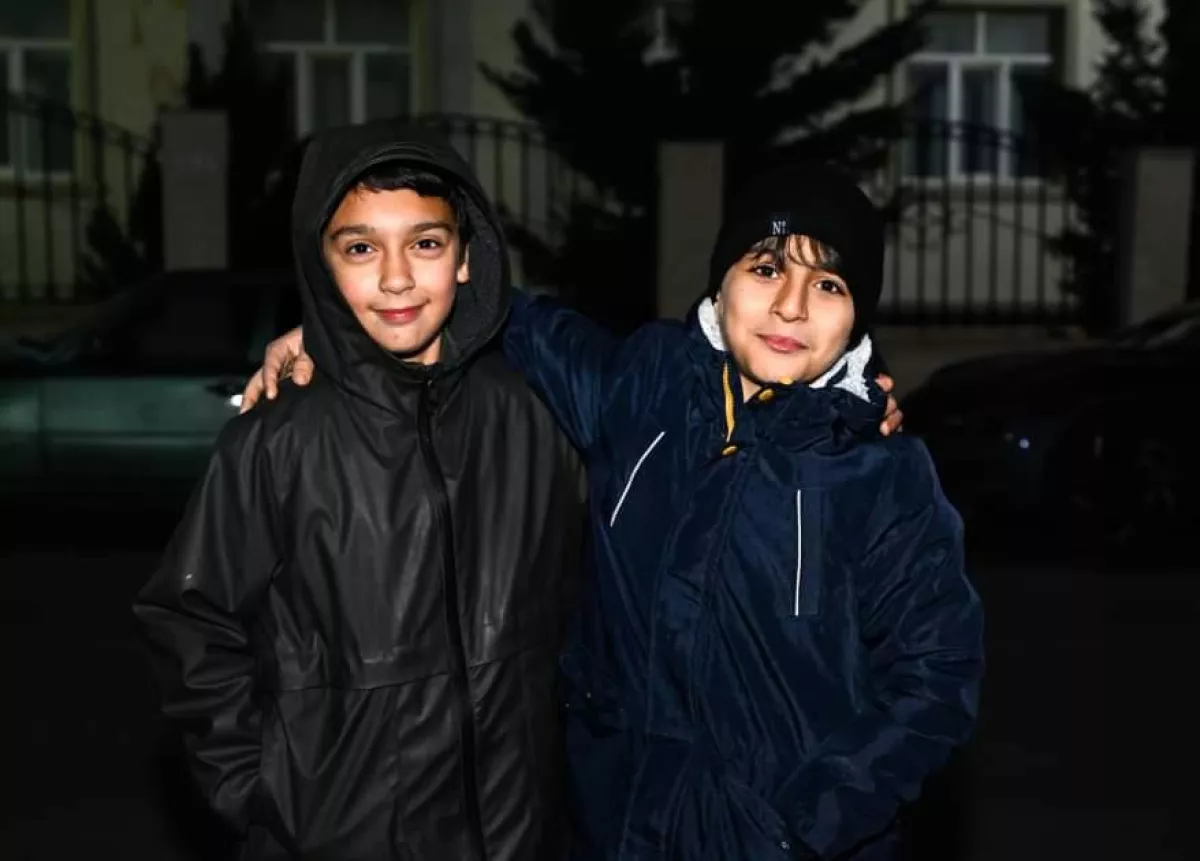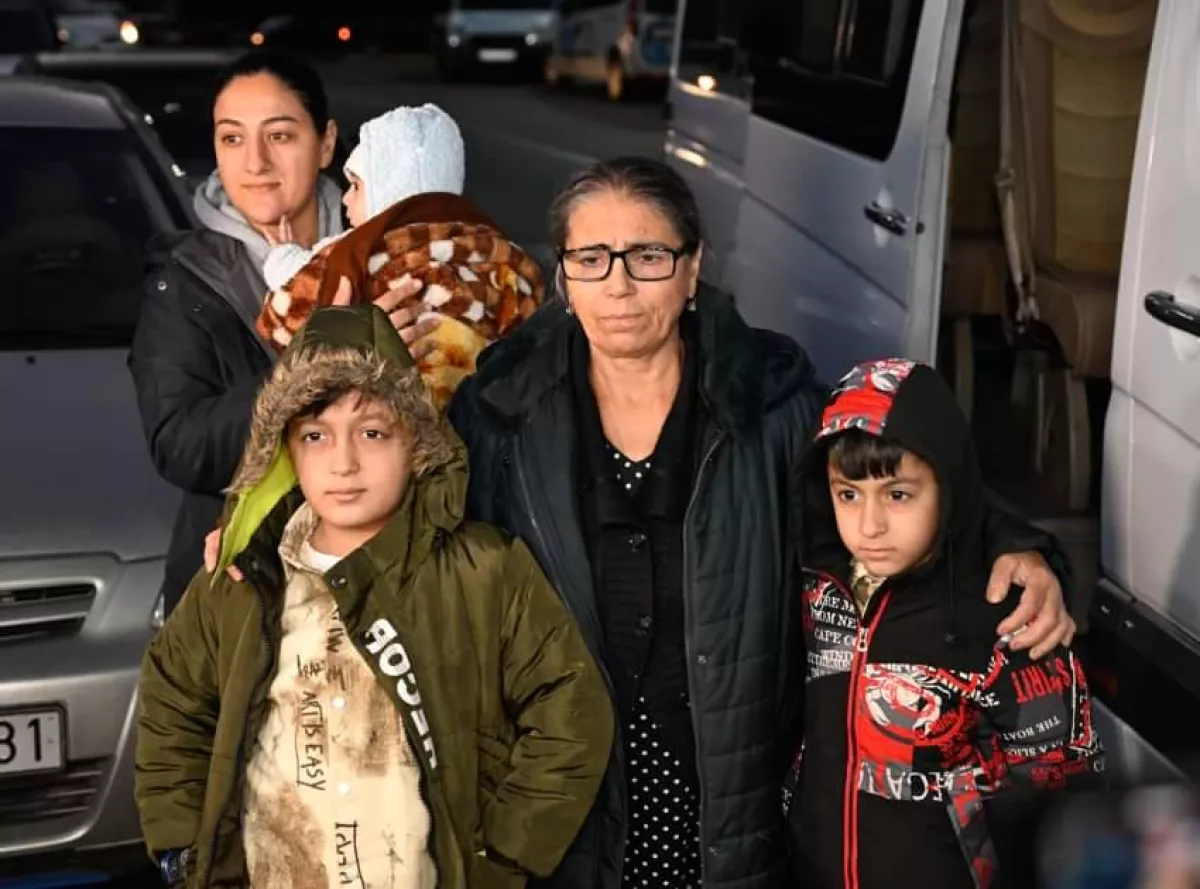Azerbaijan’s Jabrayil welcomes back nine families from Bilasuvar As resettlement efforts continue
A total of nine families, comprising 46 individuals, have returned to the newly reconstructed town of Jabrayil after having temporarily resided in Bilasuvar district.
The families who have recently moved back to Jabrayil include 13 families from Baku, one from Sumgayit, four from Absheron district, one from Saatli, one from Beylagan, and one from Ganja, Caliber.Az reports via local media.
This return marks a significant step in the ongoing resettlement program, with 30 families (150 people) now permanently settled in Jabrayil, bringing the total number of residents to 163 families (583 people).
To date, approximately 30,000 people have returned to the Karabakh and East Zangazur regions, which have been undergoing large-scale reconstruction following the end of hostilities. Thousands of workers have been engaged in rebuilding infrastructure, while many others are contributing to the revitalization of local education and academic institutions, including Garabagh University in Khankandi.
Since 2020, Azerbaijan’s government has undertaken extensive infrastructure reconstruction in Karabakh, building roads, schools, and healthcare facilities to enable the return of IDPs. The "Great Return" began in 2022, following the liberation of Azerbaijani lands. After successful counter-terrorism measures in September 2023, full sovereignty was ensured in every part of Karabakh, paving the way for an expanded resettlement process.
The first phase of the "Great Return" aims to resettle 140,000 people across 100 reconstructed settlements in Karabakh and East Zangazur by the end of 2026. The second phase, spanning from 2026 to 2040, will complete the resettlement of all liberated territories.
To date, 2,235 families — totalling 8,543 people — have returned to places like Aghali village in Zangilan, Talish in Aghdara, Fuzuli, Lachin, Zabukh, Sus, Shusha, Khojaly, and Jabrayil. Of these, 137 families (474 people) are former IDPs who had previously lived in accommodations belonging to others.
By Vafa Guliyeva











